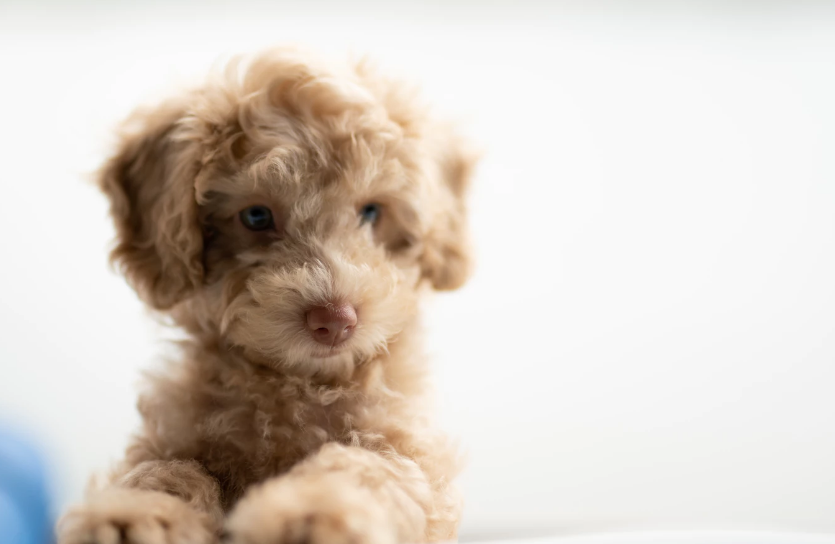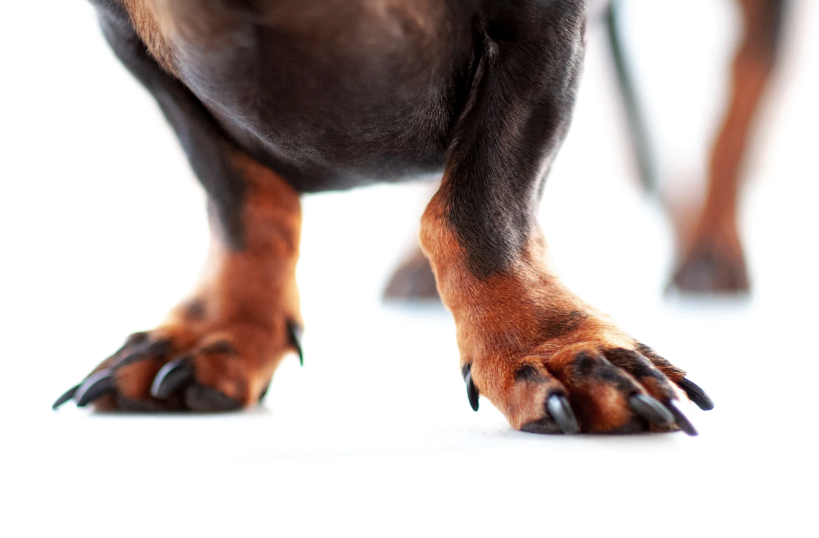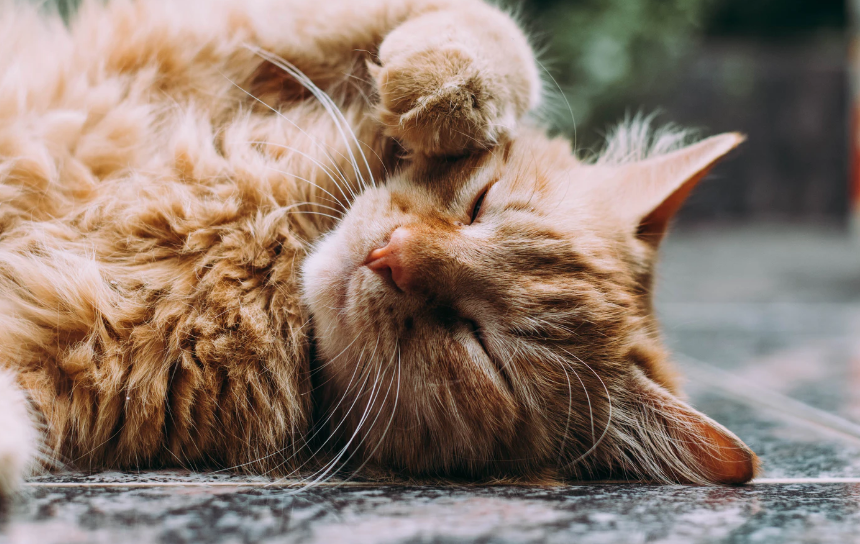If you’re like many of the rest of us, you’re a pet lover. You own at least one pet, if not more, and you love them like family members. Furthermore, you enjoy the task of making your home pet-proof and pet-friendly. But how are countertops a part of making your home pet-proof? Maybe you’ve never considered this before, but chances are, you’ll need a solution someday.

Why do countertops even need to be pet-friendly?
So, why do countertops even need to be pet-friendly? Countertops and pets don’t exactly go hand in hand when it comes to home organization. However, there are a few reasons you may not have thought of.
- Pets (especially cats) like to jump onto countertops, and sometimes they leave scratches behind.
- Additionally, pets can leave behind germs, and some countertops harbor germs more than others.
- Certain types of countertop cleaners are harmful to pets. To make it worse, the pet doesn’t even have to come into contact with the countertop for this to happen.
- Speaking of cleaning your countertops, occasionally your pets will leave behind stains on countertops. Obviously, you should take this into account before choosing a countertop, considering that some are easier to clean than others.
#1: Choose a countertop that holds up well to scratches
One of the first things you should think about is whether a countertop will hold up to scratches. For most people, that immediately takes a few options off the table.
- Softer types of stone (marble, soapstone, and limestone are good examples) are definitely not a good idea if you anticipate your pet jumping up on your countertops. These stones are relatively easy to scratch, and by the time you’ve trained your pet to stay down, it might already be too late.
- Of course, harder stones like granite, lava, and quartzite can scratch as well, but they’re less likely to do so. At the very least, you’ll end up with fewer scratches if your pets decide they love your countertops.
- Engineered quartz is another option. While it can still sustain scratches, it’s extremely scratch resistant.

#2: The less porous your countertop is, the better
If you’ve got a sneaking suspicion that you’ll find your pets lounging on your countertops every once in a while, a less porous countertop is a good choice. The more porous the countertop, the more bacteria it stores – and you don’t want your pets’ germs in your food! Of course, this doesn’t rule out more porous countertops completely. You can still use whatever countertop you want. However, it might help give you peace of mind about where your food has been.
- Once again, the softer stones such as marble, limestone, and soapstone are more problematic here. These stones are quite porous and tend to store more bacteria.
- Unfortunately, granite is also a fairly porous material. However, it’s less porous than softer countertop stones, and it’s easy to clean.
- So, what are some better options? Although it’s expensive, lava is completely nonporous, making it a wonderful choice for a pet-friendly home. If you’re looking for a less expensive option, engineered quartz is also non-porous. Finally, quartzite is a porous stone, but it’s much less porous than granite, marble, and other soft stones.
#3: Use non-toxic countertop cleaners
Unfortunately, some countertop cleaners are toxic to pets. To ensure that you aren’t using toxic cleaners, read up on which ones you should and shouldn’t use. There are plenty of general cleaning products that aren’t toxic for animals. Some of these, like baking soda or vinegar, are popular ingredients for DIY countertop cleaners. If you’re looking for a cleaner that’s specifically for countertops, you have options in that area as well:
- Granite Gold Clean and Shine is a popular countertop cleaner that won’t hurt your pets.
- Simple Green Stone Cleaner and Polish is also a pet-friendly option.
There’s one more thing to remember. Even if you know your pets aren’t coming into direct contact with your countertops, you still need to look out for toxic cleaners. Why? Well, if you’re using a spray bottle to clean your countertops, the cleaner can travel through the air and affect your pet in that way as well. Just one more reason to carefully look into what you’re using on your countertops!

#4: Choose a countertop that resists stains
Finally, just in case your pet manages to leave stains on your countertop, it’s a good idea to have a countertop that is hard to stain and easy to clean. Once again, the harder stones are a better option here – quartzite, quartz, granite, and lava are much harder to stain than their softer counterparts. In addition, they’re fairly easy to clean as long as they’re well-maintained (regular sealing, etc.)
In the end, it’s up to you
Of course, in the end, it’s up to you! However, be sure to consider the pros and cons of softer countertops vs. harder countertops and what cleaners you use when looking for a pet-friendly option. Your pets will thank you for it!

Recent Comments